One spring day last year, now-fourth-year Iris Harshaw and a group of her friends at UC San Diego formed Pandora Forum to discuss their shared interests in classical Greek and Roman history. More than a year later, the club has expanded and built an inclusive community for students in the classical studies major and beyond who are interested in classical studies.
Pandora Forum is a space to examine the issues of classical studies and create camaraderie among students with similar interests. Club members have a forum to deeply examine the issues surrounding the history of the term “classical studies.”
Pandora Forum hosts events to platform those who want to talk about the discourse surrounding what is “classic.” They also publish student work through their journal Musings, which seeks to inspire student writers to apply modern ideas to antique works. Musings receives submissions from any undergraduate or graduate student who wants to provide diverse perspectives in mediums like short stories or poems on different eras and locations — sometimes even including a modern take on dated pieces.
Grace Koumaras, a third-year student, is the event coordinator for Pandora Forum. She works with third-year digital coordinator Abby Baytieh to create weekly material for their Instagram and to develop their website. Both students emphasized the importance of building a solid community within their major.
Baytieh has a double major in classical studies and art history, familiarizing her with ancient societies worldwide. Pandora Forum embraces multidisciplinary students like Baytieh as part of their community. She and Koumaras fueled the discussion that classical studies should be more inclusive and connect the foundations from different disciplines like art history. Koumaras emphasized the importance of building a solid community of people interested and willing to discuss the nuances of classical studies.
“I know we’ve started reaching out to history students, but I would like to see more of the art history students like myself who may have an interest. Also, other students like archeology, anthropology, just helping to create a bigger community, not just for classical studies, but like all of humanities on UCSD’s campus,” Baytieh said. With this interest in history, she hopes to reach students who want to integrate the ideas of art and architecture into their conversations about classical studies. Classical studies is a major that centers around Greek and Roman history, dating back to the Bronze Age. It also focuses broadly on the Mediterranean area and its surrounding cultures. Due to the limited number of classical studies majors, they hope that the club will also engage with interested non-major students who have varying levels of exposure to the classics.
Harshaw first declared her classical studies major because she wanted to study the Latin and Greek languages, which she initially had limited knowledge of. She says that most people, like her, first understand ancient Greek and Roman mythology from pop culture.
“I was looking for something new and exciting. And, for me, that was classics,” Harshaw said. “If you’d ask maybe pretty much any of our members what first got them into classics, they will tell you Percy Jackson,” Harshaw said.
The popular book series by Rick Riordan depicts Greek mythology through demigods and dramatic fight scenes. While eye-catching and entertaining, this series and other well-known media do not fully dive into what “classical studies” encompasses. This led to a highly popularized, surface-level interpretation of the classics — an idea that still prevails. In dissecting and re-evaluating this idea, Pandora Forum opens their club to discussions and written interpretations.
For example, their events often combine pop culture with classics, such as their recent Halloween event titled, “Ghoul Luck, Babe!” inspired by the Chappell Roan song. The club’s events play a critical role in uplifting many different student voices. In addition, the events often have an antique theme while also connecting to modern celebrations. Beyond these activities, the executive board wants to highlight important themes that are touched on when studying older literature. Unlike classical studies in the past, the members of Pandora Forum often address undervalued and overlooked cultures or practices in their events. Any area outside of Rome or Greece was brushed aside as it wasn’t considered “classical.”
Koumaras questions whether the name “classical studies” is harmful, since it only centers ancient Mediterranean cultures. They hope that classical studies can begin to expand to encompass other cultures and include the interests of all students. As a member of Pandora Forum, Koumaras believes they have the opportunity to interpret classical studies in a novel way that connects to their lives.
Earlier this year, Koumaras attended a talk hosted by professor Dan-el Padilla Peralta where he discussed his upcoming book, “Classicism and Other Phobias,” which examines how colonial Europe affected Afro-diasporic cultures within ancient Greece and Rome. This talk was hosted by UCSD and sponsored by the Center for Hellenic Studies. These conversations reveal serious implications about the future of defining “classics.”
“[The talk] unveiled a lot of problems in the community and classical studies. Despite no longer representing white supremacy, [a Eurocentric focus is] still very prevalent,” Koumaras said.
Pandora Forum intends to host a safe space to foster more productive conversations that unmask truths like the perpetuation of white supremacy in classical studies or the lack of classical texts surrounding marginalized communities. Accordingly, Koumaras plans to showcase underrepresented regions or cultures in their future events.
“I want to get more into South American civilizations. As an archaeology student, I’m interested in ancient Peruvian civilizations. I would love to do an event specifically on the Moche,” Koumaras said.
“We should just have a goal as students in classical studies to make this the most authentic experience to us as possible by making these myths relevant to us in any way,” Koumaras said.
With this connection, members of the club can help those interested in classical studies learn from them. Through studying, students can provide their own interpretation to past pieces and develop a new, more inclusive definition of what “classical studies” means to them.



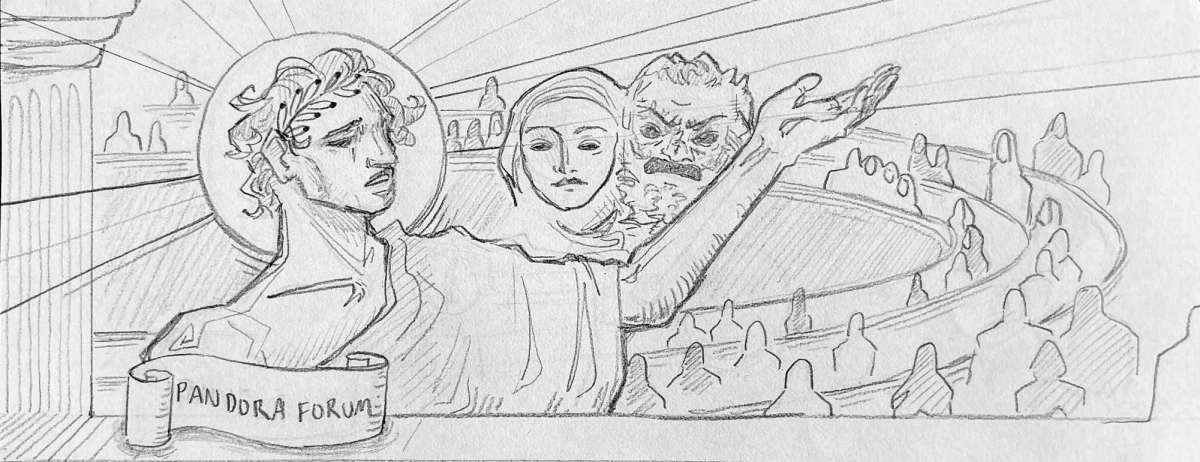
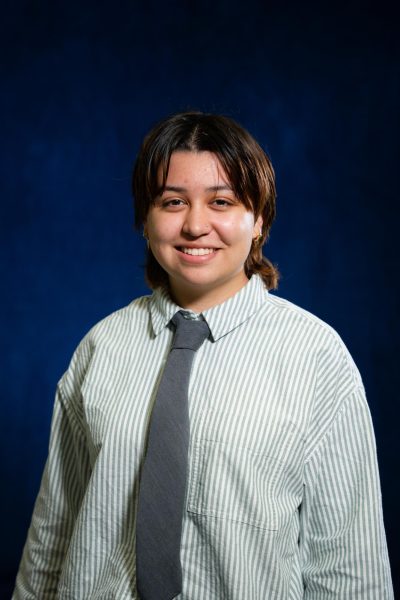
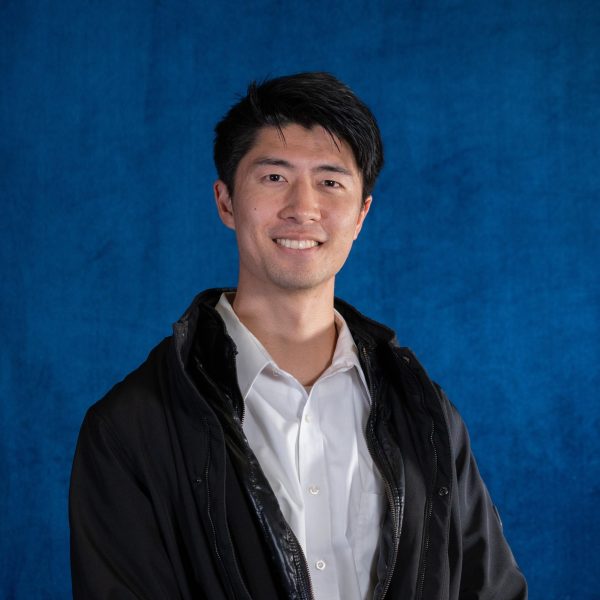






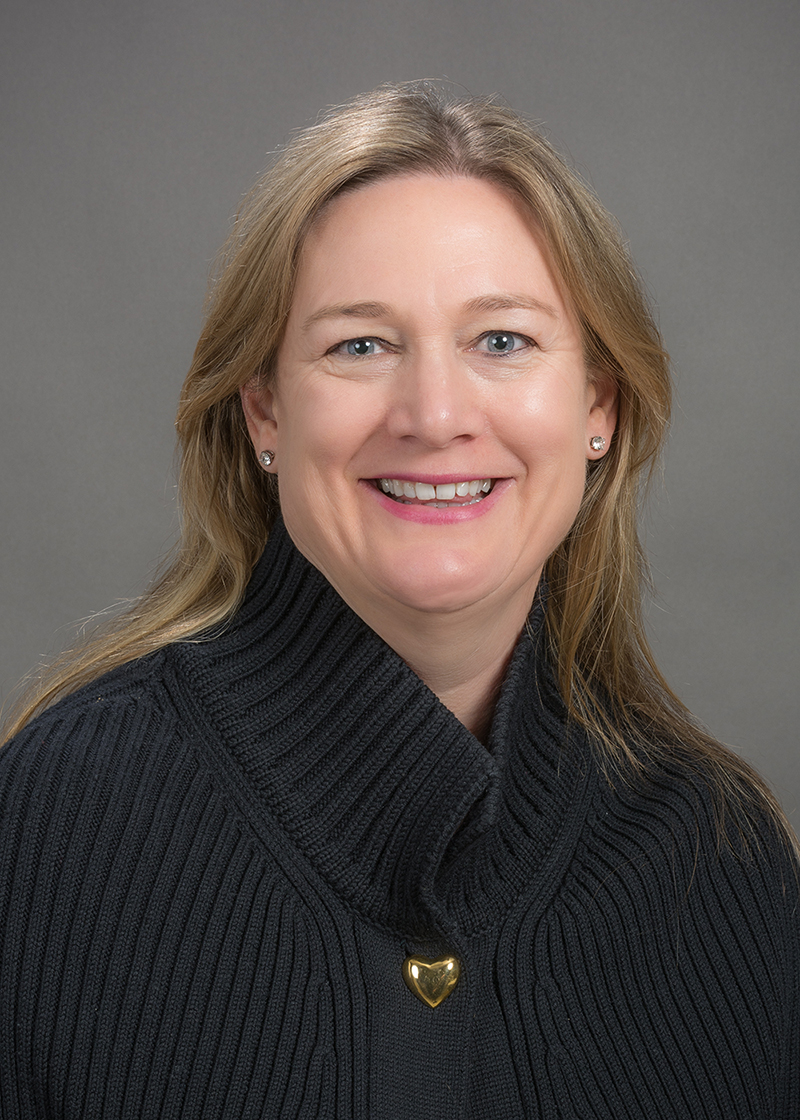
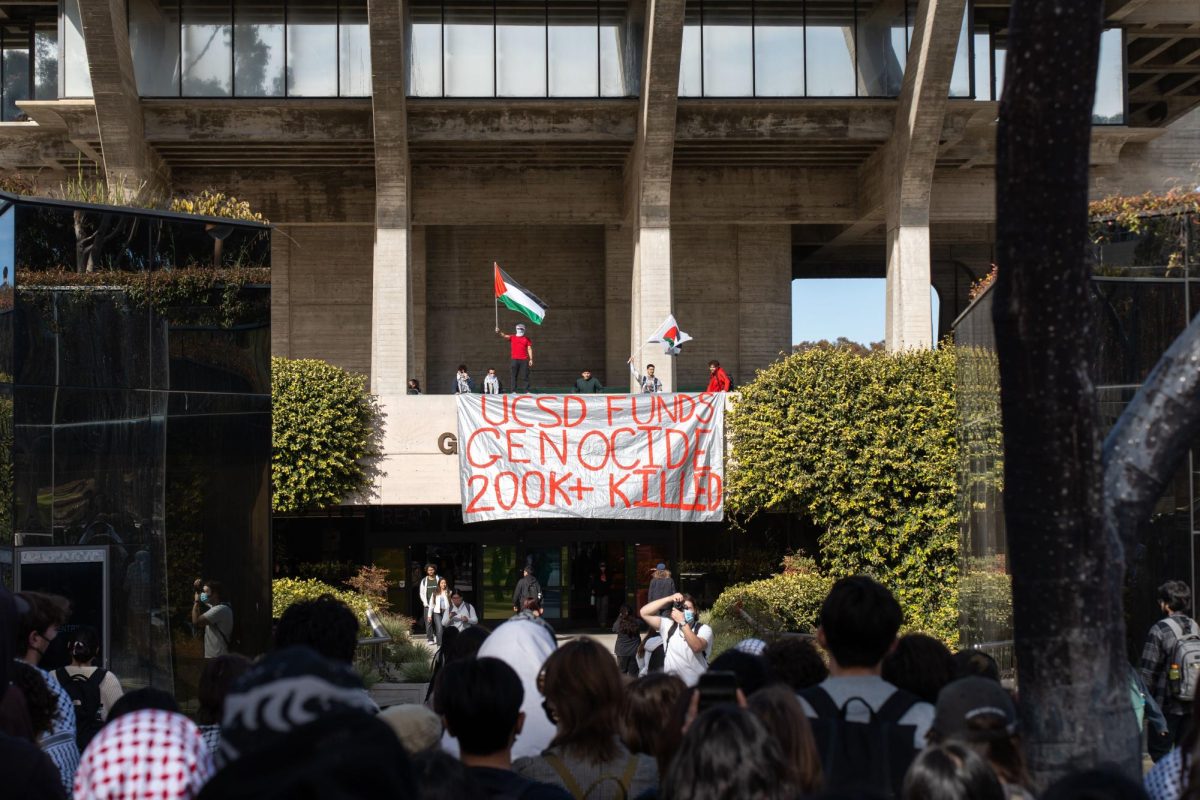


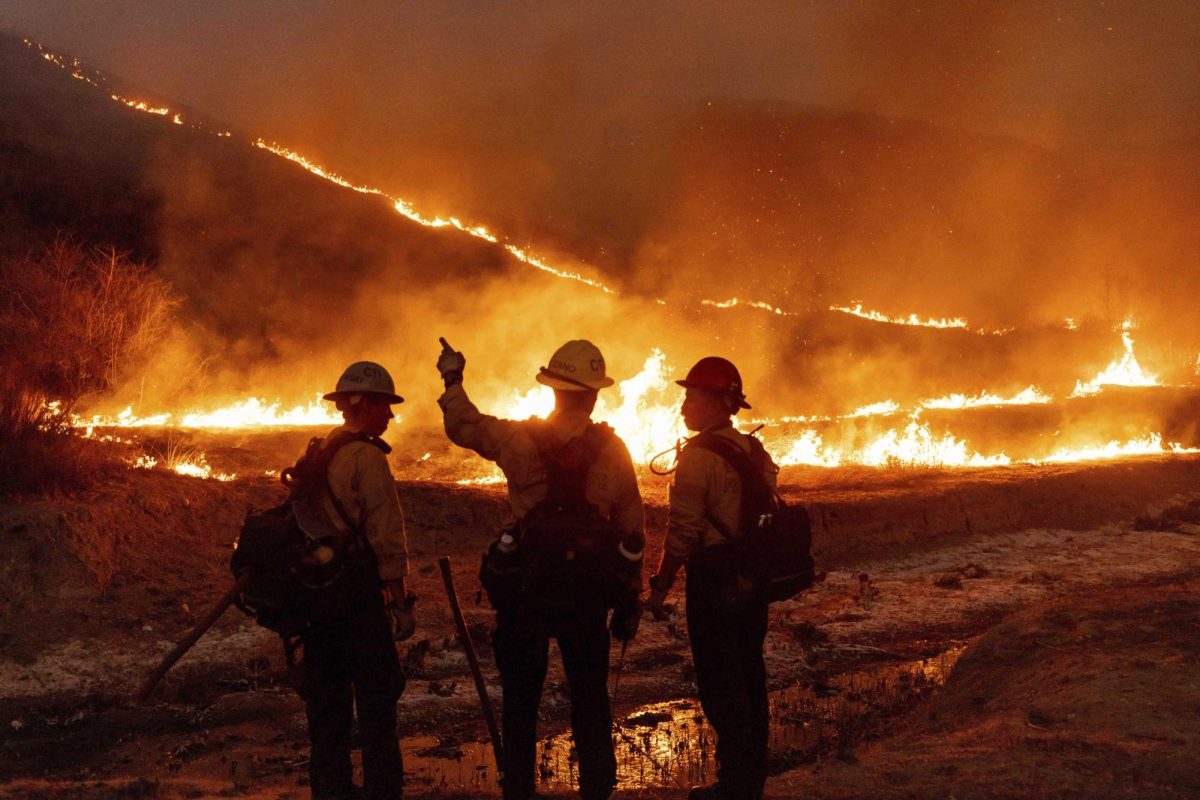
Leo • Mar 29, 2025 at 10:31 am
This article beautifully captures how Pandora Forum bridges ancient wisdom with modern perspectives! As a Percy Jackson fan who discovered classical mythology through Rick Riordan’s books, I love seeing clubs reimagine “classics” through inclusive lenses. The cabin quiz at Percy Jackson Cabin Quiz does something similar – it lets fans engage with mythological archetypes through playful self-discovery. While Pandora expands academic boundaries, tools like this quiz help newcomers find personal connections to ancient stories. Both prove classics thrive when we make them accessible and relevant!
Grace Koumaras • Dec 9, 2024 at 1:55 pm
Love this club! A truly transformative experience on campus that can’t be found anywhere else! Maybe the mythological figures were the friends we made along the away… ˶ᵔ ᵕ ᵔ˶
Isabela • Dec 9, 2024 at 1:48 pm
so grateful for this club and its members! such a great community to be apart of <3
Brahim Baytieh • Dec 4, 2024 at 12:18 pm
Great article and inspiring work by the students interviewed for the article.
deniz • Dec 3, 2024 at 8:14 pm
This article completely disregards the racism and othering POC have faced within this organization. One of those so-called co founder “friends” was impeached for refusing to stand silent against the racist rhetoric and islamophobia preached by the president of Pandora Forum.
faith • Dec 10, 2024 at 4:23 pm
These are serious unfounded allegations that are not representative of POC experiences in the club. This club has strived to contribute in the ongoing work of improving and challenging Classics in how it has traditionally viewed and treated gender, sexuality, and race.
You were removed from the executive board through a majority vote for publicly threatening the safety of an executive member and obstructing the attempts of the board, as a whole, to function professionally and collaboratively.
Lori Shen • Dec 10, 2024 at 9:38 pm
This statement is untrue! This comment is based on personal grudges against club members and does not reflect the values held by the board or anyone in the club.